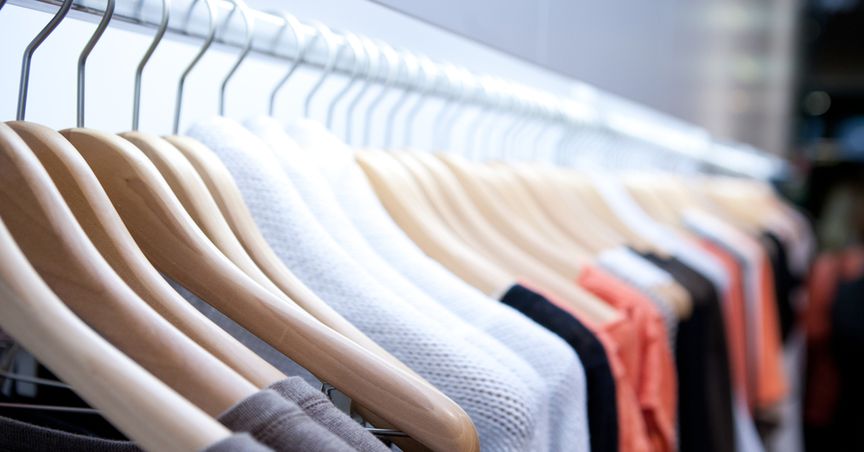Summary
- Rubin Ritter has been the Co- CEO of the online retailer Zalando since 2010 and has spent nearly 11 years at the company
- Established in 2008, Zalando has grown by leaps and bounds in the online retailing sector
- When asked about his decision, Ritter cited family priorities as the main reason for his decision
Zalando Co-CEO Rubin Ritter has decided to step down from his position by the next year and concentrate on his personal life instead. He was with the German online fashion retailing major for eleven years along with other two CEOs -- Robert Gentz and David Schneider. In a statement, Ritter has said that he now wished to give his wife the opportunity to excel in her professional life while he wants to take up domestic commitments.
Rubin’s plan to take a premature retirement has come two years before his contract was set to end in 2023. Ritter reached the helm of affairs at Zalando within a short span of time and was taking care of the finance wing David Schroeder took over that role last year.
Reacting to the development, Zalando chairman Cristina Stenbeck said the company respects Ritter’s decision and appreciated his transparency that has given them time to organise the management transition.
Zalando’s success over the years
Founded in 2008, Zalando started its journey on the same lines as the US online retailer Zappos.com, by selling footwear on the online platform. In 2010, the company added apparels to its portfolio. It also ventured into France and the Netherlands markets in the same year.
In 2011, it launched its business across many other geographies such as Switzerland, Italy and the United Kingdom. This was followed by the regions of Norway, Belgium, Denmark, Sweden, Spain, and Finland in 2012.
The company’s first foray into the stock market was in 2014 when it was listed on the Frankfurt Stock Exchange. In the following year, it successfully became a part of the MDAX index.
The company’s first major acquisition was in 2015 when it took over the fashion trade fair platform - Bread & Butter. Further in 2017, it acquired the German basketball footwear retailer Kickz. The company took six years to turn profitable. After that, it has been expanding at a growth rate of more than 20 per cent every year. Today, the firm has about 36 million customers across 17 nations with its latest quarterly revenue recorded at £1.6 billion.





